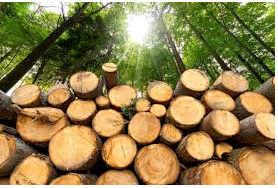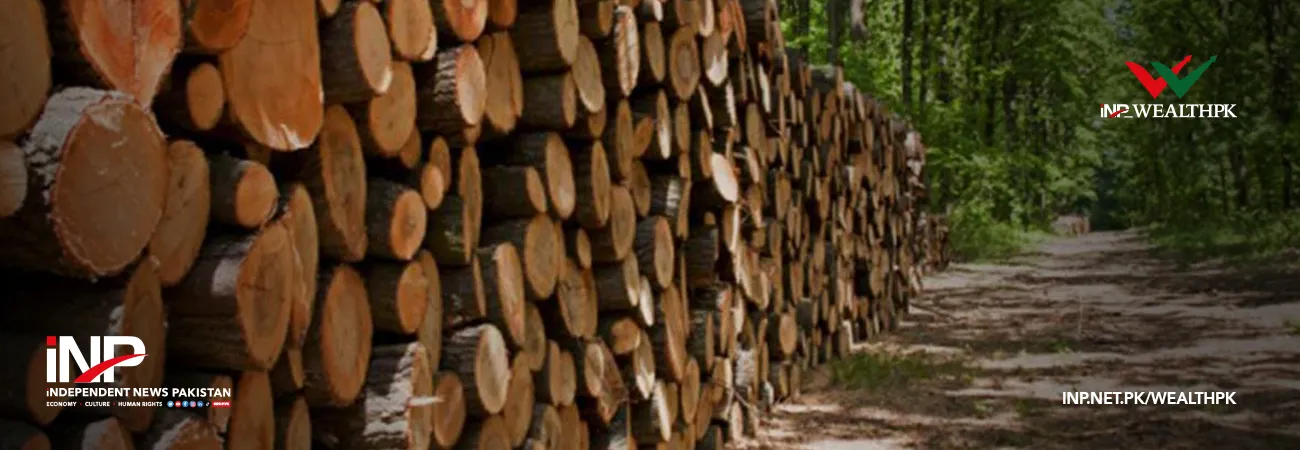INP-WealthPk
Muhammad Luqman
As part of efforts to curb deforestation in Punjab, the provincial forest department has launched a crackdown on the timber mafia, making arrests and seizing illegal timber.

“We are establishing a dedicated Forest Special Squad, in addition to integrating modern technology such as GIS and drones for enhanced forest surveillance,” said Azfar Ziya, Director General of the Punjab Forest Department. In an interview with Wealth Pakistan, he explained that the provincial government is also working on amendments to the Punjab Forest Act and Transit Rules, 2024 to introduce harsher penalties. “Public reporting is being encouraged through a special helpline (1084) to combat illegal logging and timber theft.”
Highlighting the technology-driven monitoring system, Ziya said 104 command-and-control centres are being set up across the province for round-the-clock surveillance. To tackle forest fires in Punjab’s mountainous regions, the DG forest said the department is establishing shielded summits in Murree and Kahuta, deploying 600 fire watchers, constructing watchtowers and water tanks, maintaining forest tracks, and equipping fire response vehicles.
Regarding the recent ban on timber auctions, Ziya said the department had already prohibited the cutting of green trees in 2014, following directions from the Lahore High Court. “Only dead, dry, and windfallen trees were auctioned during the last 10 years in Punjab,” he explained. “Now, an immediate ban has been imposed on all timber auctions to prevent deforestation and land degradation.”
On the link between deforestation, climate change, and floods, Ziya noted that the loss of forests reduces carbon sequestration and accelerates climate change. “This has increased vulnerability to floods and landslides, particularly in mountainous areas where forest loss destabilises slopes and exacerbates runoff,” he said. Beyond halting deforestation, the forest department plans to double the province’s forest cover within five years.
“During the next two plantation campaigns alone, 51 million saplings will be planted,” Ziya claimed. These plantations will cover 50,869 acres, with an additional 1.37 million saplings grown across 3,790 acres of forest wasteland under the agroforestry initiative. Environmentalists argue that consistent efforts are essential to reverse the impacts of deforestation and climate change.
Talking to Wealth Pakistan, Hammad Naqi Khan, Director General of World-Wide Fund for Nature (WWF) Pakistan, identified the key drivers of deforestation as fuelwood demand, illegal timber harvesting, overgrazing, agricultural expansion, infrastructure projects (such as roads, dams, and mining), and forest fires.
“Punjab government’s recent decision to ban timber auctions will go a long way toward biodiversity conservation and environmental stability,” Khan said. He emphasised that institutional weaknesses and lack of public awareness are also responsible for illegal tree felling. “Only strict enforcement of laws can improve environmental conservation,” he noted.
Khan stressed the need to increase forest cover in line with UN recommendations. While the UN advises that at least 25% of a country’s land should be under forests, Pakistan’s forest cover is just 4% overall, with Punjab’s slightly above 1%. “Only a holistic approach can help Pakistan reduce the effects of climate change,” the WWF director general concluded.
Credit: INP-WealthPk









